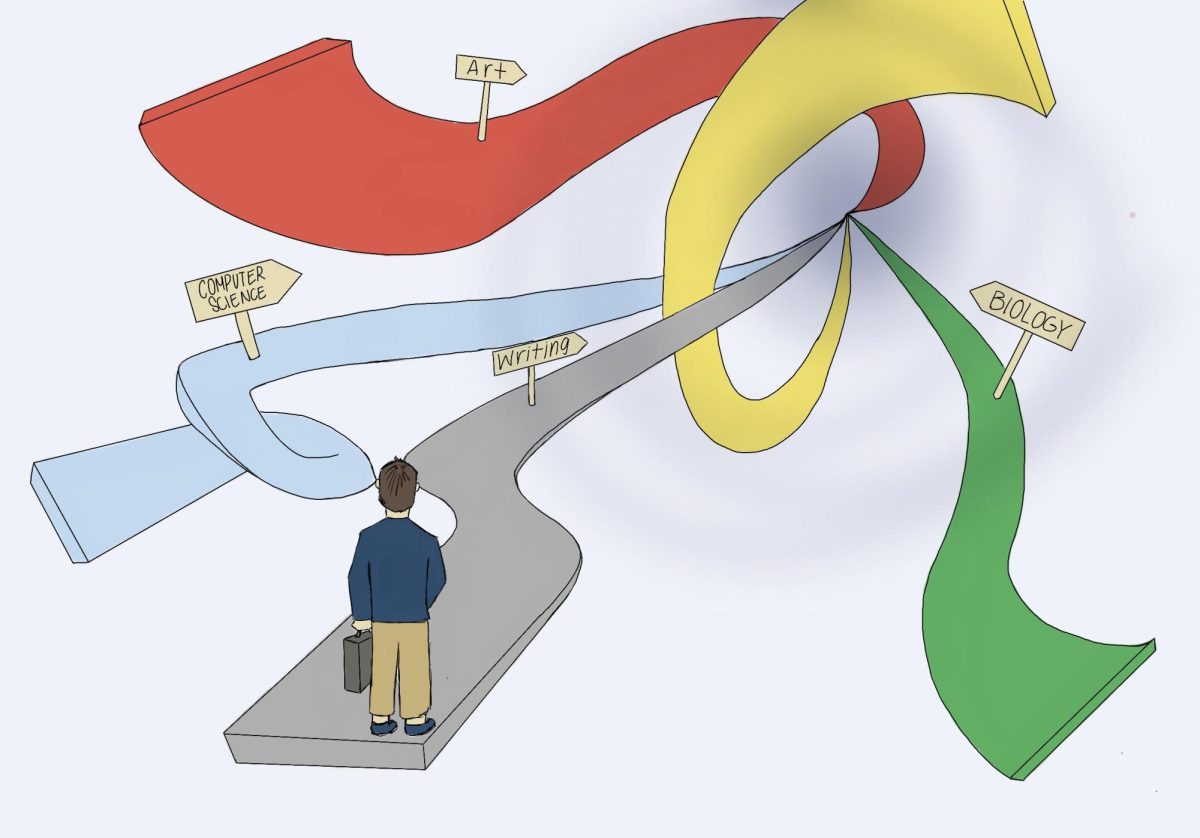From the time I was born, throughout all 18 years of my life, I have been told by my friends, family, and the media that college is what you need for a good life. It was the one-stop shop where everybody gains a quality certificate that will carry their career to success. This is a lie.
For many individuals, college may end up losing them money instead of increasing their career earnings, despite finishing a bachelor’s, master’s, or even a Ph.D. The fact that university can hurt you financially is not limited to no-name colleges that are relatively easy to be accepted into either.
Even at Ivy League colleges, the return on investment (ROI) for your tuition is negative for many majors. For example, according to a FREOP study, majors like Biology at Brown and Mathematics or Visual and Performing Arts at Columbia University are among several majors offered by Ivy League schools that statistically will not pay off their own cost and will lose you money.
This trend worsens if we expand the scope to all forms of higher education, where 23% of bachelor’s, and 43% of master’s degree programs do not increase a student’s earning potential enough to offset the costs.
While it is important to note that some fields maintain an admirably strong return on investment, namely engineering, and medicine, among others, many students find themselves in a position where they do not want to pursue these degrees. In doing so, a student may unintentionally trap themselves in a situation that is structured to hurt them financially. This is where pursuing a technical trade can be beneficial.
What exactly does a trade entail? Broadly speaking, a trade is any program where you receive specific training for a job or field. These generally include becoming a chef, electrician, construction project manager, plumber, hair stylist, or dental hygienist among many others.
A common stigma associated with going to trade school is that it may somehow limit your earnings, but this is simply not true. According to Indeed.com, the national average salary of a dental hygienist is $99,000. This puts the career in the top 15th percentile of U.S. earnings, all with a simple two-year program that costs a fraction of what many other educational tracks require.
In addition, the vast majority of trades entail occupations where you can physically see and interact with the results of your work. This leads to a higher sense of fulfillment, and many sources concur with this statement. According to Madden Industrial Craftsmen, 80% of construction workers report that they are somewhat or very satisfied with their work. In contrast, in a stereotypically high-paying career like investment banking, only 21% of workers find their job satisfying.
This growing trend of college losing its appeal while trade schools stand strong and stable- pushes students to consider what path is truly right for them. College is simply one way among many to put yourself in a position to succeed. Don’t be pressured by your peers and parents into forcing yourself into college, as it could lead to the opposite of what you hope for. Consider trade schools and other vocational programs to see if they’re truly right for you.








